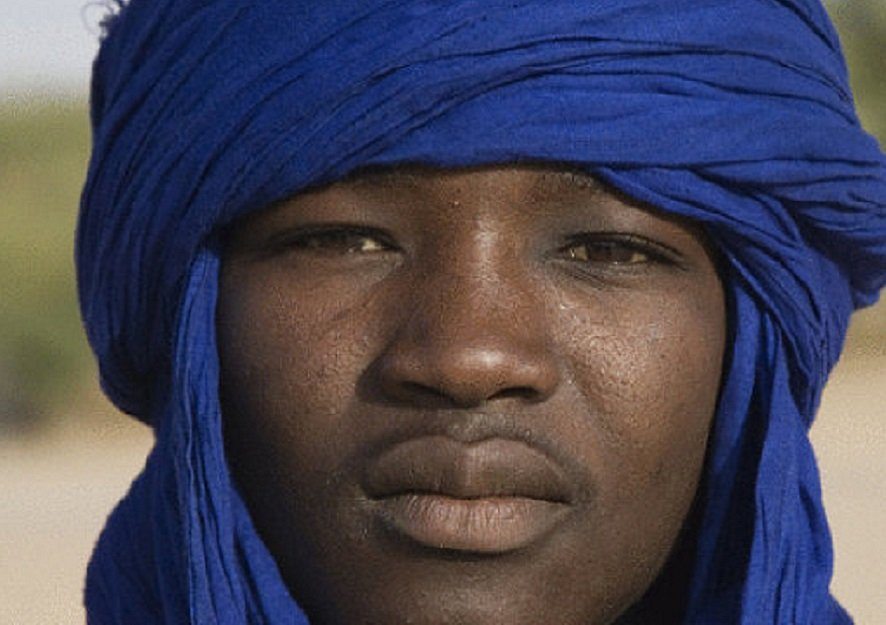There has been a fierce debate over the Africanness of Maghrebian North Africans as well as Libyans and Egyptians, for close to a century. One of the key drivers of this debate is their appearance.
On the eye, the majority of North Africans would pass for Middle Easterners or Mediterranean Europeans. On a map, these groups of people are also close.
However, this similarity in appearance is explainable.
Facts affecting the appearance of the people of North Africa
The climate in that of the world has input into how they look. Second, because of their proximity to one another, the mixing of their peoples should be natural.
These two prima facie facts aside, there should, however, be little doubt what the peoples of North Africa looked like prior to invasions.
The 6th-century Roman poet, Corippus, in his book Johannis, describes the Berbers as “facies nigroque colorus” which means “faces of the black colour”.
In the same century, Procopius in Book IV of History of the Wars discussed the difference between the Vandals who had settled in North Africa and the Moors.
Procopius says that the Vandals were not “black-skinned like the Maurusioi (Moors)” .
The tribes he classified as Maurusioi are those now described as ancient Berbers. They include the Numidians, Masaesyle, Gaitules, Massyles, Masmuda and Mezikes.
Nasr Khusrau, an 11th-century Iranian also described the Masmuda soldiers of the Fatimid dynasty as “black Africans”.
But it would take more to convince some of the Africanness of North Africans. Arab and by extension, the Islamic invasion of North Africa, was from around the 6th-century but after Christianity had permeated the region for half a millennium.
Who was in North Africa before the arabs
Perhaps, the criteria that is sought is the same one given to us by our studies of ancient Egypt.
Through Egyptology, we have come to understand that prior to the invasions of North Africa by the Greeks, the Romans, the Arabs and the Ottomans, there was a civilisation in the place we presently call Egypt.
Ancient Egypt is important to some Pan-Africanists because its civilisation represents an example of the zenith of an African people’s unaided capacity.
This insistence on purity may be radical but not without justification. Africans have been told in the recent past that they had no history to be learned “but the history Europeans in Africa”.
On the back of this, it is necessary to identify for the purposes of education and constructing a Pan-African narrative, some groups of people who lived in the north of Africa apart from the Egyptians and before foreigners significantly changed their ways of life.
We can take two groups of people for instance.
The first is the Nubians. They were located around modern-day northern Sudan and southern Egypt.
At the height of their civilisation around the 5th century BC, the Nubians developed their unique language, art, architecture, agriculture, politics among others.
Although they learned a lot from Egypt and the East Sudanic kingdoms, the Nubians were characteristically “African” as the influence from outside was very minimal.
The Berber are also another group that is indigenous to North Africa. Instead of being an identifiable group, Berber are a collection of peoples from around modern Algeria, Tunisia, Morocco and Mauritania.
The people’s actual name is the Amazigh but were called Berber by the Romans. Berber is the root of “barbarians”.
They were mostly nomadic people with very few having settled cultures. However, some historians put their existence in North Africa at around 3000 B.C.
The takeaway from identifying these groups of people is that they are still in present-day North Africa.
Perhaps, the idea of Africanness goes beyond identifying ethnic groups. It may be a willingness of people to be part of continental goals and values. But even if that is the case, there is too much affinity between sub-Sahara and the north for the people to focus on their differences.










